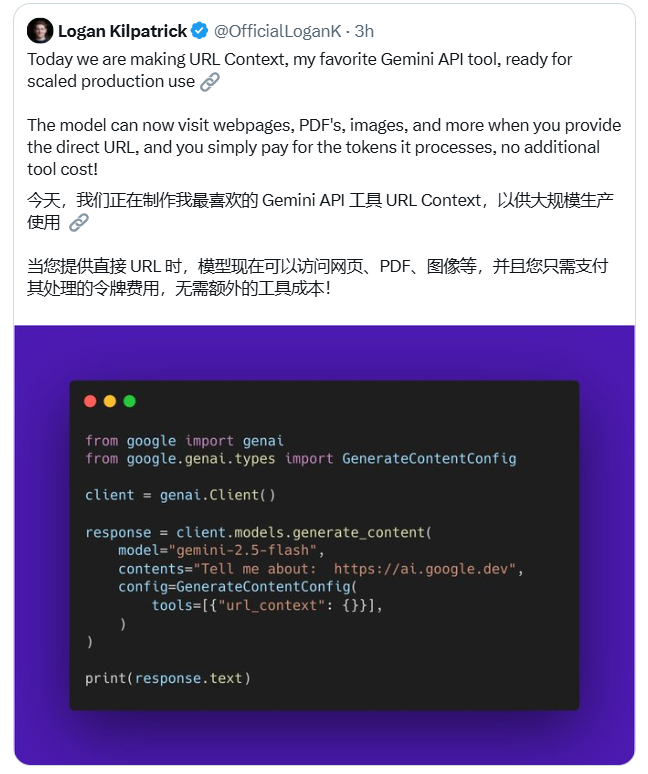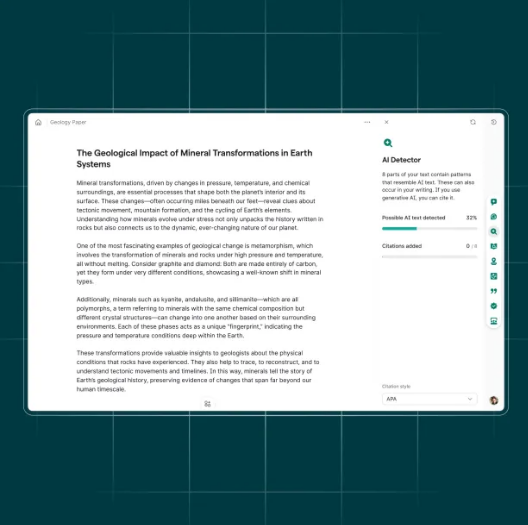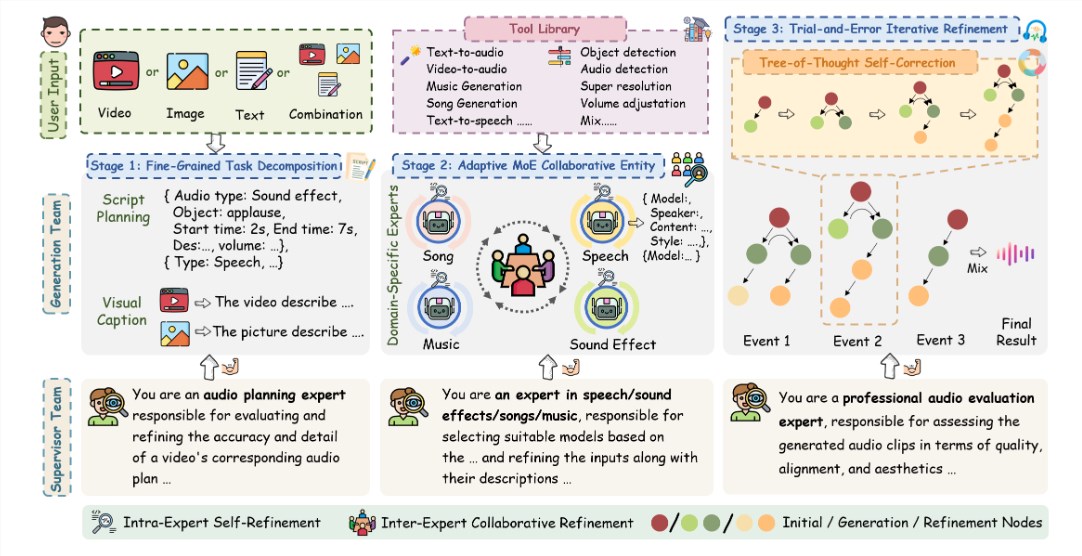Recently, Gemini officially launched the URL Context feature, an innovative tool that allows developers to directly embed web links in the API, greatly simplifying the content retrieval process and opening up new commercial possibilities for content providers and developers. The AIbase editorial team provides an in-depth analysis of the features and potential impact of this function.
URL Context Feature: Eliminate Complicated Scripts, Retrieve Content More Efficiently
The URL Context feature of the Gemini API allows developers to directly provide web links in prompts, enabling the model to automatically access and parse web content, including standard web pages, PDF files, images, and more. This eliminates the need for additional scripts (such as Python's requests library) to scrape web content, significantly improving development efficiency. Whether it is extracting key data, comparing articles, or generating summary reports based on web content, URL Context can handle it easily.

For example, developers can configure simple code to allow the Gemini API to extract information directly from specified web pages and generate structured outputs. The launch of this feature marks another leap in Gemini's multimodal content processing capabilities, offering developers a more flexible and convenient tool.
Cost Model Analysis: Token Costs and Cost Considerations
Notably, when using the URL Context feature, the content extracted by the model from the web will be charged as input Tokens. This means that developers need to balance the amount of content with cost when using this feature. Although the feature is still in the experimental stage and provided free of charge for now, a formal billing mechanism may be introduced in the future. AIbase recommends that developers closely monitor Token usage in actual applications and optimize prompt design to reduce costs.
Innovative Business Models: New Opportunities for Monetizing Website Content
More excitingly, the launch of the URL Context feature could give rise to a completely new business model. Industry insiders have proposed that Google might establish an affiliate mechanism similar to AdSense with content providers, allowing websites to provide content to Gemini through specific API interface protocols. Content providers could earn a share of the profits from Token fees, encouraging the creation and sharing of more high-quality content.
This model not only provides new monetization channels for website owners but could also drive further prosperity of the content ecosystem. For example, news websites, technology blogs, and even academic resource platforms could integrate their content more efficiently into AI applications through collaboration with Gemini, providing users with more accurate and timely information services.
Technical Details and Application Scenarios
According to Google's official documentation, the URL Context tool currently supports batch processing of up to 20 URLs and can combine with the "Google Search Grounding" feature to further enhance the depth and breadth of information retrieval. For instance, developers can ask Gemini to generate a three-day schedule for an event based on a website link and provide practical advice by combining weather and traffic information. This multimodal, context-rich processing capability shows great potential for Gemini in areas such as intelligent customer service, content analysis, and educational tools.
However, AIbase has noted some limitations of this feature at present, such as the inability to access content behind paywalls, and the processing effectiveness for dynamic web pages or multimedia content may not be as stable as for standard web pages. Developers should choose appropriate types of web pages to ensure optimal results when using it.
Future Outlook: Deep Integration of AI and Content Ecosystems
The launch of the Gemini URL Context feature is not only a breakthrough in technology but also signals a closer collaborative relationship between AI and the content industry. As API interface protocols continue to improve, more websites may join this ecosystem in the future, collectively building an efficient information network driven by AI. AIbase believes that the widespread application of this feature will promote a comprehensive upgrade in content creation, data analysis, and user experience, bringing more innovation opportunities for enterprises and developers.
Summary
The URL Context feature of the Gemini API offers developers a more convenient way to handle content while opening up new commercial paths for content providers. Although the feature is still in the experimental stage, its potential should not be underestimated.
API Documentation: https://ai.google.dev/gemini-api/docs/url-context?hl=zh-cn









